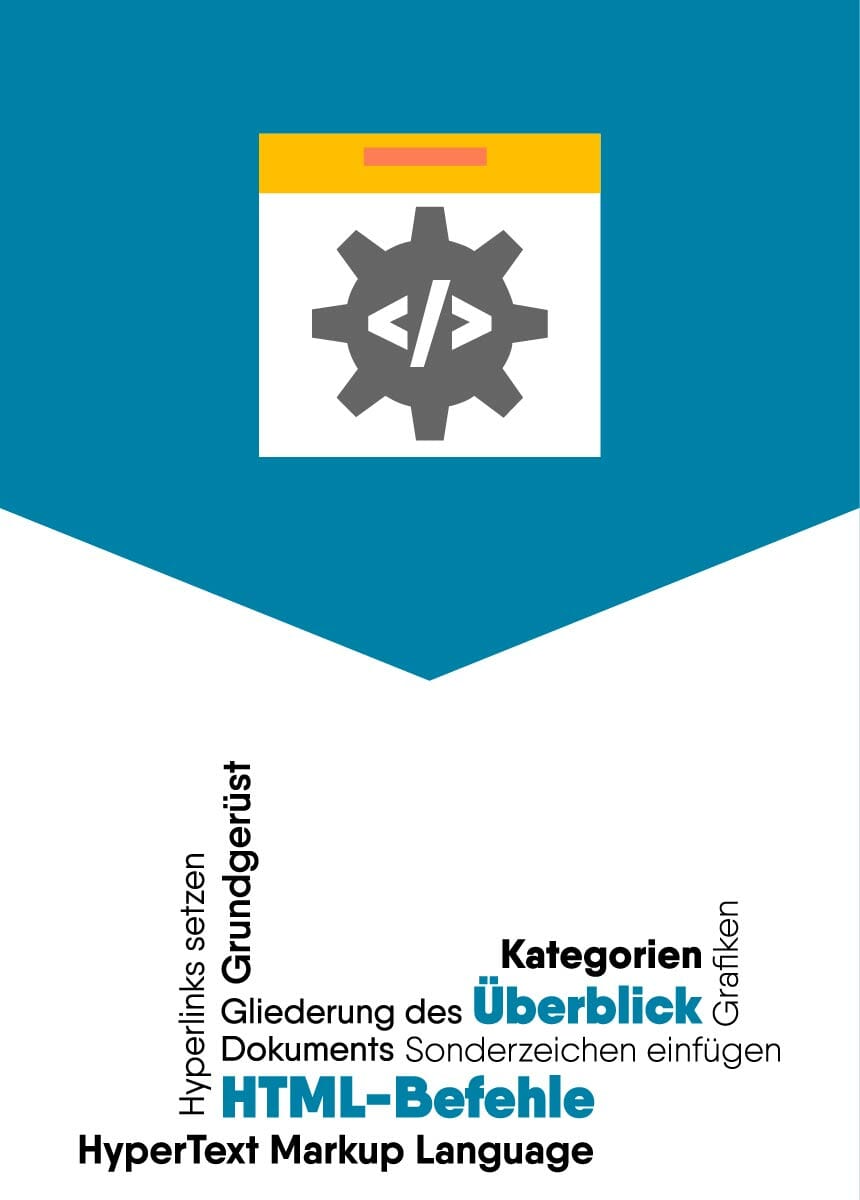Advertising on the World Wide Web
Internet advertising is becoming increasingly important. The World Wide Web has long since established itself as a central medium.
Internet advertising: opportunities and risks
Many free services on the Internet are financed by advertisements. Just think of Google, eBay, online newspapers etc.
Another source of income are not least our traces in the net. Thus it comes to personalized advertising measures. This is just one example of Internet advertising. In technical terminology it is also called ads advertising.
The following category examples can also be added. However, they give an impression of the inventiveness of the advertising world.
Numerous advertising categories
SEO Marketing
SEO Marketing, search engine marketing or SEM for short describes methods to improve the placement of Internet pages on Google, Bing & Co. This means that the corresponding search result will be placed higher up. This is achieved through measures on the web presence itself (on-page) as well as on other pages (off-page).
The latter is done, for example, by placing Internet advertisements with search engines or by recommending the page being advertised on web forums. For example, by placing links to the page.
The former uses certain strategies such as the use of keywords, search-relevant keywords.
Advertising via e-mails
Every owner of a mailbox knows them: junk mail. They often reach our mailbox. And we can’t turn off the flood. At least if we have a (supposedly) free mail account.
We should be aware, however: We always pay on the Internet. Be it “only” with our data. Because advertising mails usually contain links. If you click on them, you will not only end up on the advertising website. The clicks are also often logged.
Thus, the mail operator knows all the better to which advertising we react. Consequently, he can adapt them accordingly.
The advertising appears in different forms, not only as an independent mail. It also appears as a two-line ad under an ordinary message. As a banner in our e- mailbox, as an attachment or even as an HTML message. With newsletter marketing you should always take care not to send the recipient too many advertising mails and to keep them as exciting, informative and pleasant as possible.
Then there is a far more subtle method. If you have a free mail account, you may have noticed it before:
We write someone a perfectly normal message. In doing so, we express, for example, our relief about something. Because we had “racked our brains” over one thing. We log out and end up on the logout page of the mail operator. There, advertising for headache tablets awaits us.
This is a vivid example of how allegedly free internet services exploit our data. And of course earn money with it.
Target group specific advertising
Each advertisement is aimed at a specific target group. Of course, this also applies to Internet advertising. As is so often the case, there is a technical term of English origin for this: targeting. This refers to online advertising whose target group has been narrowed down in advance. There are several variants for this.
One variant consists of saving an Internet user’s search queries in Google & Co. If someone searches for flashlights, for example, he or she will receive the corresponding advertising the next time they surf. This procedure is called keyword targeting.
A similar method is retargeting. It works by collecting data from the pages the user visits. On the page of a library, for example, he clicks on the short description of a travel guide to Prague. On his next visit, he will receive advertisements for books about the Czech Republic, Eastern Central Europe, etc.
Another possibility is to use the IP address of the computer to find out the approximate location of the user. If his computer is in Iceland, for example, the owner will receive less ice cube advertising than a Brazilian. This method is called regional targeting or geotargeting.
There are many other types of targeting.
Advertising through banners
A meanwhile classic form of internet advertising is banner advertising. Almost everybody knows them. On the edge, at the top, at the bottom or wherever, for example on an online newspaper page, advertising fields appear. Often they (quite deliberately) tend to annoy the user. They should always attract attention, just like any advertising.
They flash brightly, have garish colours or slip. Sometimes they even conquer large parts of the page for a while or even the whole page. Banners also exist in many different forms. Often they are animated.
Admittedly, banners are on the retreat as advertising media on the Internet. Many internet users know how to more or less ignore them. Or they are so conspicuous that quite a few of them feel truly annoyed. Still others remove banners automatically via filter programs.
Advertising with pixels
The dwindling use of advertising banners is also linked to new trends. The advertising world is always coming up with new ideas.
One such trend is pixel advertising. In some respects it is even related to the classic banners. Pixel advertising also frequently appears as a block-like advertising field. However, the field is not reserved for a single advertiser.
Instead, the fields are in turn divided into many small fields, i.e. pixels. In principle, anyone can place a mini ad here. That is, as long as there is enough space. Unlike with classic banner advertising, the messages are not forced upon the user here. On the contrary, one or two pixels may arouse his interest and he clicks on them.
Which internet advertising pays off?
Advertising on the Internet is as diverse as it is innovative. The question of benefit therefore depends on the specific objective. In general, it can be said that classic advertising banners are increasingly being replaced by new trends such as pixel banners.
It is precisely the multifaceted nature of advertising on the Internet that proves its success. Otherwise not so much money would be invested in it. As is so often the case with advertising, it all depends on a combination of successful, target group-oriented texts and images.
In the Internet, sophisticated techniques in search engine optimization are also used. An expert for all these criteria is a SEO agency, especially in Internet advertising.









Comments